
-
Brice MardenBrice Marden is a legendary american painter and printmaker.
He studied at Boston University School of Fine and Applied Arts, receiving his BFA in 1961, and to 1963 at Yale University School of Art and Architecture. In the following year he produced his first single-panel monochromatic paintings, through which he contributed to the emerging aesthetic of Minimalism. Bringing together the painterly quality of Abstract Expressionism with the intellectual rigours of Minimalism, Marden achieved a balance between emotional intensity and formal simplicity.
More info »
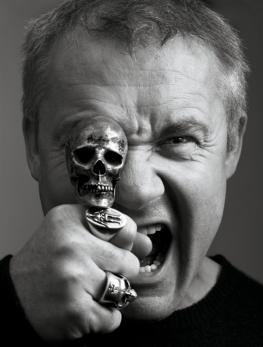
-
DAMIEN HIRSTDamien Hirst first came to public attention in London in 1988 when he conceived and curated Freeze, an exhibition in a disused warehouse which showed his work and that of his friends and fellow students at Goldsmiths College.
English sculptor, installation artist, painter and printmaker. He was a leading figure in the group of ‘Young British Artists'. He studied at Goldsmiths College, London (1986–9), and in 1988 curated the exhibition Freeze. His works are explicitly concerned with the fundamental dilemmas of human existence; his constant themes have included the fragility of life, society's reluctance to confront death, and the nature of love and desire, often clothed in titles which exist somewhere between the naive and the disingenuous.
More info »

-
Frank GehryOne of the most celebrated architects living today, Gehry's career spans five decades and three continents.
Gehry has always experimented with sculpture and furniture in addition to his architectural pursuits, coaxing inventive forms out of unexpected materials, from the Easy Edges (1969–73) and Experimental Edges (1979–82)—chairs and tables carved from blocks of industrial corrugated cardboard—to the Knoll furniture series (1989–92), fashioned from bentwood.
More info »

-
Henry MooreOil paintings on mirrored surfaces, flat propped sculptures reminiscent of stage dressings, and abstracted reworkings of classical sculpture confront persistent issues of artistic representation such as theatricality and illusionism.
Since the beginning of her career, he has presented a succession of powerfully introspective subjects, from the haunting Hospital paintings to the visceral Meat paintings that juxtapose human subjects with butchered flesh; from the enigmatic Mask paintings to candid and startling close-up portraits; from intimate, existential still-lifes to depictions of pivotal Western cultural figures such as Francis Bacon, whose psychic portraits altered the status of the human figure in twentieth century art.
More info »

-
Jeff KoonsSince his emergence in the 1980s Jeff Koons has blended the concerns and methods of Pop, Conceptual, and appropriation art with craft-making and popular culture to create his own unique iconography, often controversial and always engaging.
Since the beginning of her career, he has presented a succession of powerfully introspective subjects, from the haunting Hospital paintings to the visceral Meat paintings that juxtapose human subjects with butchered flesh; from the enigmatic Mask paintings to candid and startling close-up portraits; from intimate, existential still-lifes to depictions of pivotal Western cultural figures such as Francis Bacon, whose psychic portraits altered the status of the human figure in twentieth century art.
More info »

-
ManzoniManzoni is a legendary Italien painter and printmaker.
He studied at Boston University School of Fine and Applied Arts, receiving his BFA in 1961, and to 1963 at Yale University School of Art and Architecture. In the following year he produced his first single-panel monochromatic paintings, through which he contributed to the emerging aesthetic of Minimalism. Bringing together the painterly quality of Abstract Expressionism with the intellectual rigours of Minimalism, Marden achieved a balance between emotional intensity and formal simplicity.
More info »
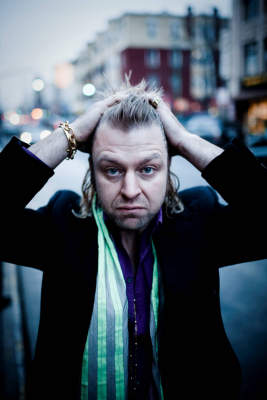
-
Piotr UklanskiUklanski is a legendary russian painter and printmaker.
He studied at Boston University School of Fine and Applied Arts, receiving his BFA in 1961, and to 1963 at Yale University School of Art and Architecture. In the following year he produced his first single-panel monochromatic paintings, through which he contributed to the emerging aesthetic of Minimalism. Bringing together the painterly quality of Abstract Expressionism with the intellectual rigours of Minimalism, Marden achieved a balance between emotional intensity and formal simplicity.
More info »
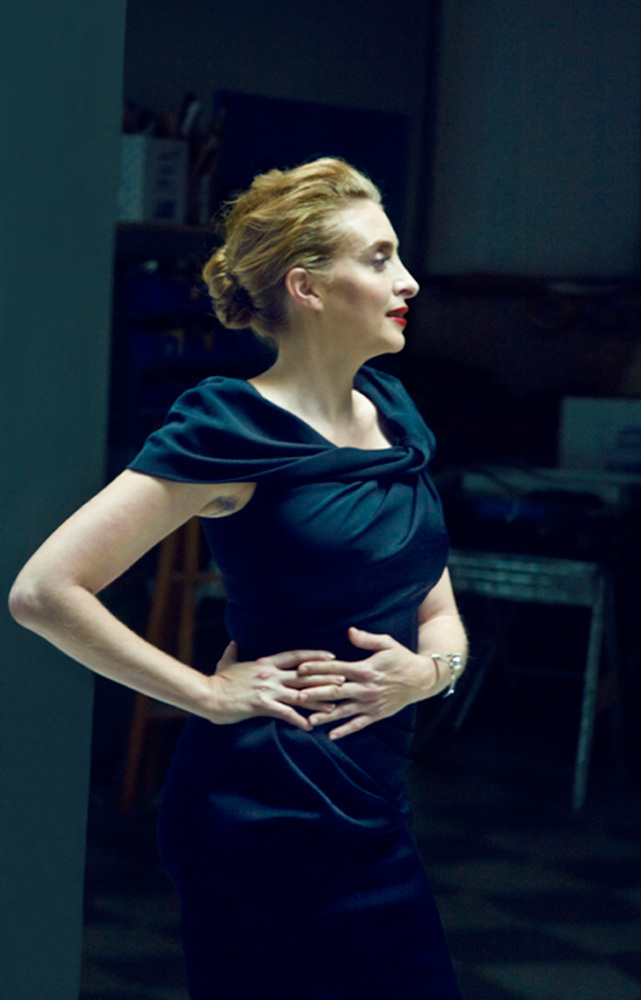
-
Rachel FeinsteinOil paintings on mirrored surfaces, flat propped sculptures reminiscent of stage dressings, and abstracted reworkings of classical sculpture confront persistent issues of artistic representation such as theatricality and illusionism.
Since the beginning of her career, he has presented a succession of powerfully introspective subjects, from the haunting Hospital paintings to the visceral Meat paintings that juxtapose human subjects with butchered flesh; from the enigmatic Mask paintings to candid and startling close-up portraits; from intimate, existential still-lifes to depictions of pivotal Western cultural figures such as Francis Bacon, whose psychic portraits altered the status of the human figure in twentieth century art.
More info »
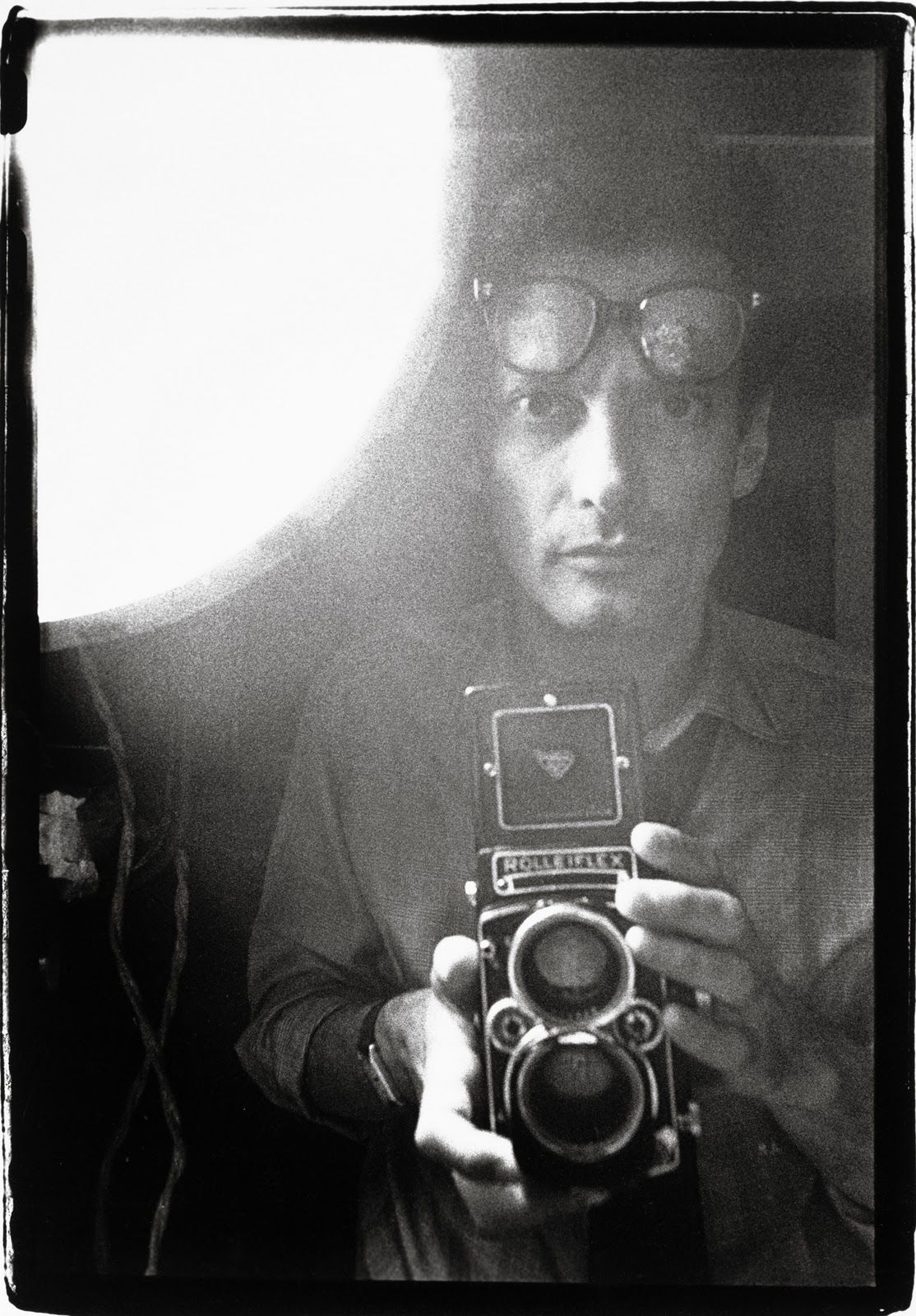
-
Richard AvedonRichard Avedon is a legendary american painter and printmaker.
He studied at Boston University School of Fine and Applied Arts, receiving his BFA in 1961, and to 1963 at Yale University School of Art and Architecture. In the following year he produced his first single-panel monochromatic paintings, through which he contributed to the emerging aesthetic of Minimalism. Bringing together the painterly quality of Abstract Expressionism with the intellectual rigours of Minimalism, Marden achieved a balance between emotional intensity and formal simplicity.
More info »
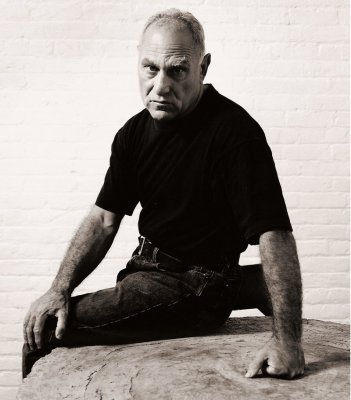
-
Richard SerraRichard Serra is a legendary american painter and printmaker.
He studied at Boston University School of Fine and Applied Arts, receiving his BFA in 1961, and to 1963 at Yale University School of Art and Architecture. In the following year he produced his first single-panel monochromatic paintings, through which he contributed to the emerging aesthetic of Minimalism. Bringing together the painterly quality of Abstract Expressionism with the intellectual rigours of Minimalism, Marden achieved a balance between emotional intensity and formal simplicity.
More info »
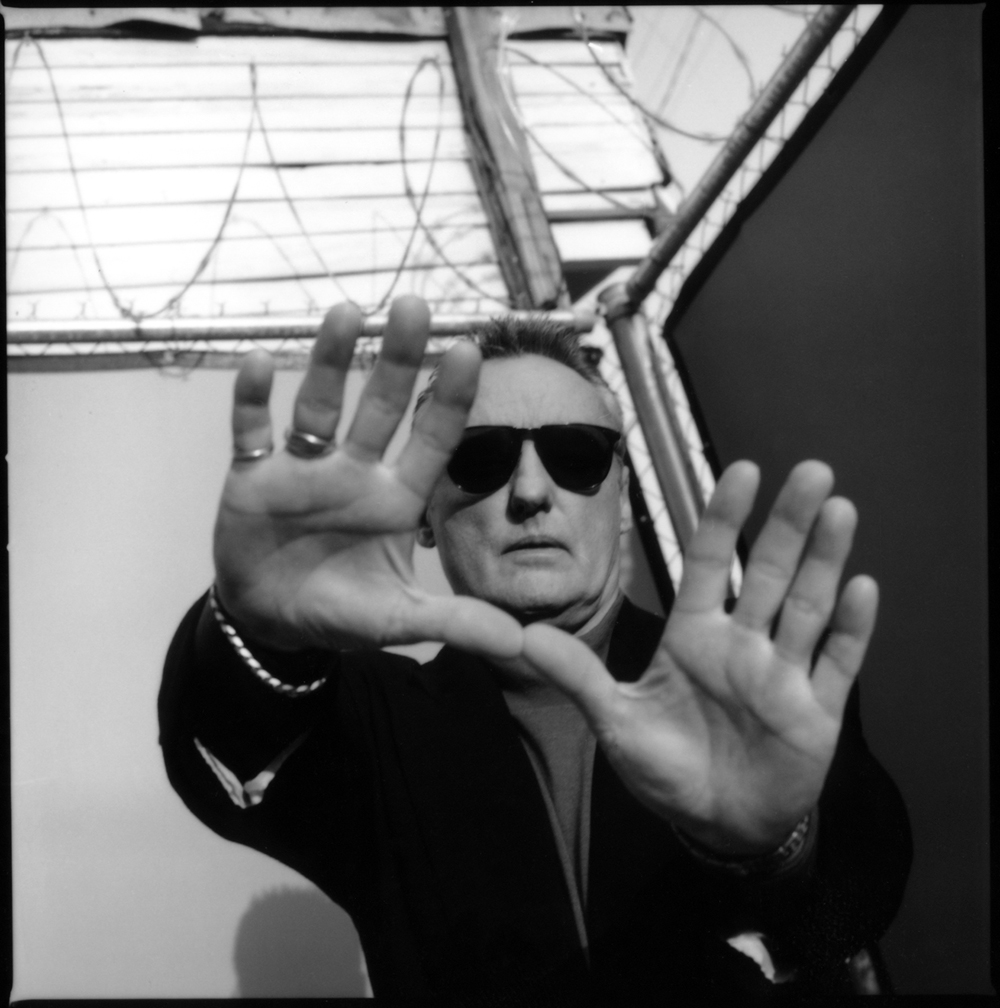
-
Roy LichtensteinRoy Lichtenstein is a legendary american painter and printmaker.
He studied at Boston University School of Fine and Applied Arts, receiving his BFA in 1961, and to 1963 at Yale University School of Art and Architecture. In the following year he produced his first single-panel monochromatic paintings, through which he contributed to the emerging aesthetic of Minimalism. Bringing together the painterly quality of Abstract Expressionism with the intellectual rigours of Minimalism, Marden achieved a balance between emotional intensity and formal simplicity.
More info »
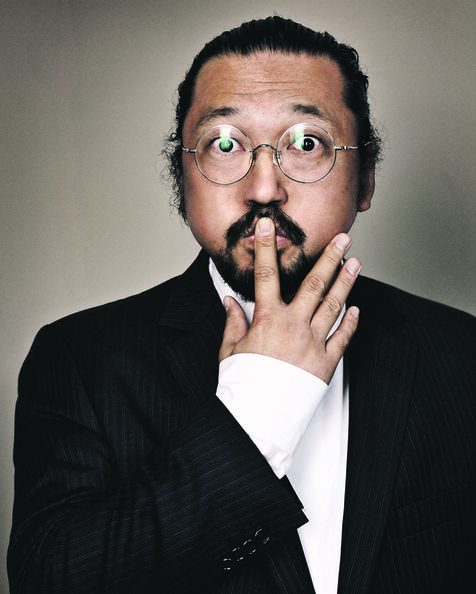
-
Takashi MurakamiTakashi's aesthetic restlessness epitomizes the evolution of Chinese contemporary art in the post-1989 era, grappling with local history and tradition in the face of external influence and accelerated change.
Since the beginning of his career, he has presented a succession of powerfully introspective subjects, from the haunting Hospital paintings to the visceral Meat paintings that juxtapose human subjects with butchered flesh; from the enigmatic Mask paintings to candid and startling close-up portraits; from intimate, existential still-lifes to depictions of pivotal Western cultural figures such as Francis Bacon, whose psychic portraits altered the status of the human figure in twentieth century art.
More info »
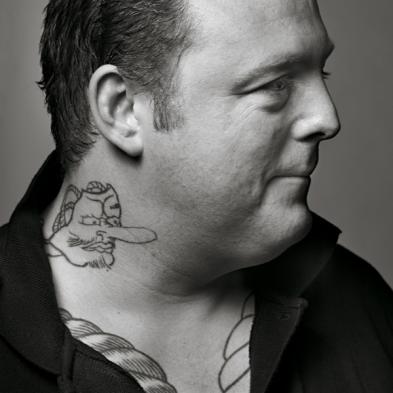
-
Urs FisherContinuously searching for new sculptural solutions, Fischer has built houses out of bread; enlivened empty space with mechanistic jokes; deconstructed objects and then replicated them; and transferred others from three dimensions to two and back again via photographic processes.
Since the beginning of his career, he has presented a succession of powerfully introspective subjects, from the haunting Hospital paintings to the visceral Meat paintings that juxtapose human subjects with butchered flesh; from the enigmatic Mask paintings to candid and startling close-up portraits; from intimate, existential still-lifes to depictions of pivotal Western cultural figures such as Francis Bacon, whose psychic portraits altered the status of the human figure in twentieth century art.
More info »

-
Zeng FanzhiZeng's aesthetic restlessness epitomizes the evolution of Chinese contemporary art in the post-1989 era, grappling with local history and tradition in the face of external influence and accelerated change.
Since the beginning of his career, he has presented a succession of powerfully introspective subjects, from the haunting Hospital paintings to the visceral Meat paintings that juxtapose human subjects with butchered flesh; from the enigmatic Mask paintings to candid and startling close-up portraits; from intimate, existential still-lifes to depictions of pivotal Western cultural figures such as Francis Bacon, whose psychic portraits altered the status of the human figure in twentieth century art.
More info »
